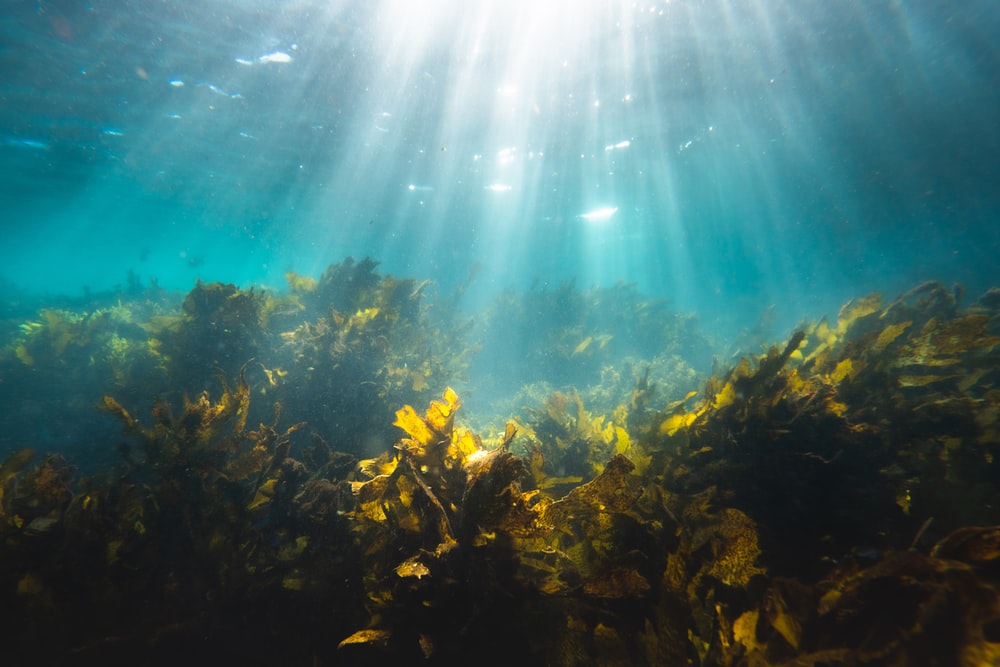Triple-negative breast cancer (TNBC) is a type of cancer involving three hormone receptors in hormone proliferation, estrogen receptor, progesterone receptor, and human epithelial growth factor receptor 2 (HER2) protein present on the surface of breast cancer cells.
Unfortunately, Triple-negative breast cancer accounts for 10-20% of all breast cancers. TNBC has a higher growth potential than other breast cancers and is generally said to have a poorer prognosis. Treatment options are limited due to the ineffectiveness of hormone therapy and molecular-targeted drugs targeting HER2. Angiogenesis inhibitors are attracting attention as therapeutic agents for such intractable cancers. Angiogenesis is an action that actively creates blood vessels because cancer cells take in nutrients and oxygen into the tumor, and it is also a significant function for cancer cells to invade new blood vessels. It is also a route of transfer to the bloodstream for metastasis. Thus, it is clear that angiogenesis is deeply involved in tumor growth and metastasis.

On a positive note, fucoidan, a polysaccharide derived from brown algae, has various antitumor activities, such as inhibiting cancer cell growth and inducing apoptosis. It has been reported that fucoidan inhibits proliferation and promotes apoptosis in breast cancer cells, but more research is needed to elucidate the mechanism of action.
So, in this blog, I would like to introduce the study “Fucoidan from Laminaria japonica exerts antitumor effects on angiogenesis and micro-metastasis in triple-negative breast cancer cells” by Wen-Jing Hsu et al., which focuses on angiogenesis and micro-metastasis by using delivered from kelp for intractable TNBC.
First, to investigate the effect on the survival of breast cancer cells, TNBC cell lines MDAMB-231 and HCC180G were cultured for 24 hours in the presence of 0 to 2 mg/ml fucoidan. As a result, the survival rates of both TNBCs gradually decreased in a dose-dependent manner of fucoidan, demonstrating the cancer cell growth inhibitory effect of fucoidan.
In addition, when a wound-healing assay investigated the effect of fucoidan on the metastatic ability of breast cancer cells, the wound area was significant in the fucoidan-treated group, suggesting that fucoidan suppresses the migration ability of both TNBCs (Fig. 1).
Infiltration assay further confirmed that the infiltration mobility of both TNBCs was significantly inhibited in the presence of fucoidan. In addition, they evaluated the effect of fucoidan on angiogenesis. When both TNBCs were treated with human vascular endothelial cells, HUVEC was cultured for 24 hours with a cultured medium (CM); the results were evident that fucoidan of 1 mg/ml or more effectively suppresses the formation of capillary-like structure. (Fig. 2).
These results suggest that fucoidan suppresses TNBC metastasis and angiogenesis-inducing ability. Finally, to investigate the angiogenesis-suppressing effect of fucoidan in vivo, zebrafish embryos expressing the green fluorescent protein in blood vessels were cultured under fucoidan for 48 hours, and angiogenesis was suppressed as the fucoidan dose increased.
Additionally, in zebrafish embryos injected with fucoidan-treated MDAMB-231 cells, a decrease in metastasis rate was confirmed to 18% in the fucoidan group compared to 60% in the control group (Fig. 3). It suggests that fucoidan significantly reduces the ability of TNBC to metastasize. These results also indicate that fucoidan derived from kelp can be an angiogenesis inhibitor that suppresses TNBC-induced angiogenesis and related metastasis. From the above, I conclude that fucoidan’s effect on intractable breast cancer can be expected in the near future.



